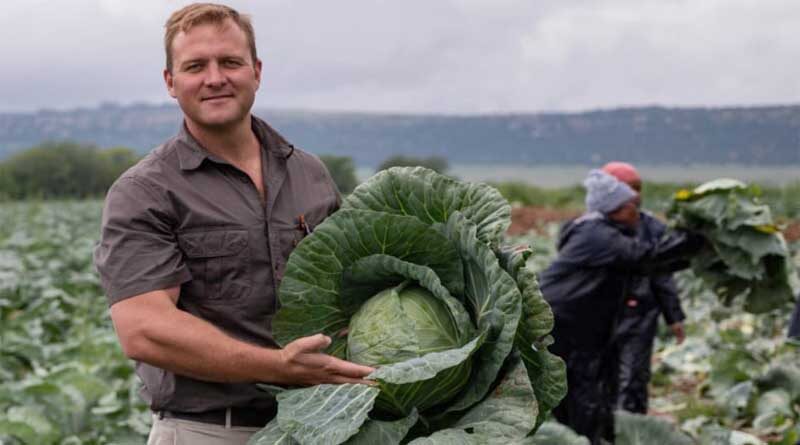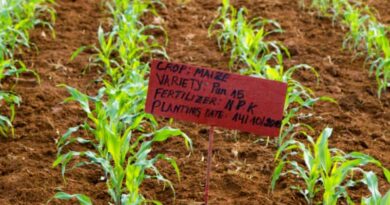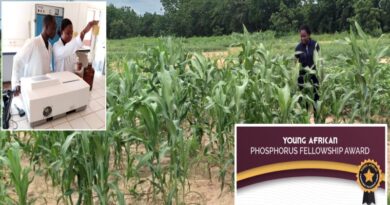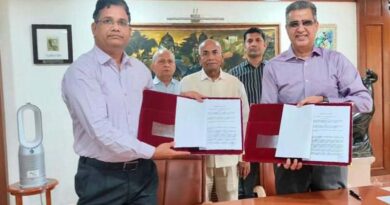High performance Polysulphate fertilizer in demand in Southern Africa
15 September 2021, Africa: While the world’s attention is captured by the Olympic endeavor above ground at Tokyo 2020, in Southern Africa a much-respected agronomist is drawing attention to the performance below ground of our Polysulphate fertilizer.
Scientific understanding that underpins nutrient needs
The farm advisory company Agropedo delivers specialist precision farming agronomic management for a whole range of farming businesses in South Africa and surrounding countries. Senior Agropedo agronomist David Hamman was one of the first to try our Polysulphate. Knowing that much of his work is with soils that tend to have low organic matter, is highly weathered and sandy, he knows crop nutrition is often hampered by low cation (Ca, Mg and K) concentrations and the leachability of sulphur.
Simple selling points
Mr. Hamman was strongly attracted to try Polysulphate as a sulphate source due to its characteristic of gradually being released, or available to the plant, over a prolonged period. Also, he was aware, this means there is lower leachability, as well as lower soil acidification compared with other sulphate sources. Plus, Polysulphate also works well as a calcium source for crops with high calcium requirements and soils with low calcium level. It seemed a perfect solution to serious agronomic issues.
Above-ground benefits of better crop nutrition
The results of including Polysulphate in optimized crop nutrition programs for crops in Southern Africa have been extremely positive. Agropedo reports above-ground benefits include healthier plants, increased shelf life and better yields. This, of course, leads to better financial returns.
Also Read: Dr. Pramod Kumar Meherda IAS appointed as Joint Secretary Plant Protection
Not surprisingly this news is travelling fast. There is a lot of press interest in the potential role of Polysulphate in the region. David Hamman’s repeated advice to farmers and advisors is to adopt a scientific approach to understanding the below ground characteristics (with physical soil classification, soil nutrient analyses, and soil biological analysis) combined with above ground NDVI satellite images, crop inspection and leaf analyses. Only then is it possible to precisely develop the best nutrition recommendations and he strongly recommends farmers and advisors to trial Polysulphate for themselves to unlock the genetic potential and get better overall crop performance.















